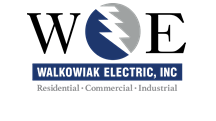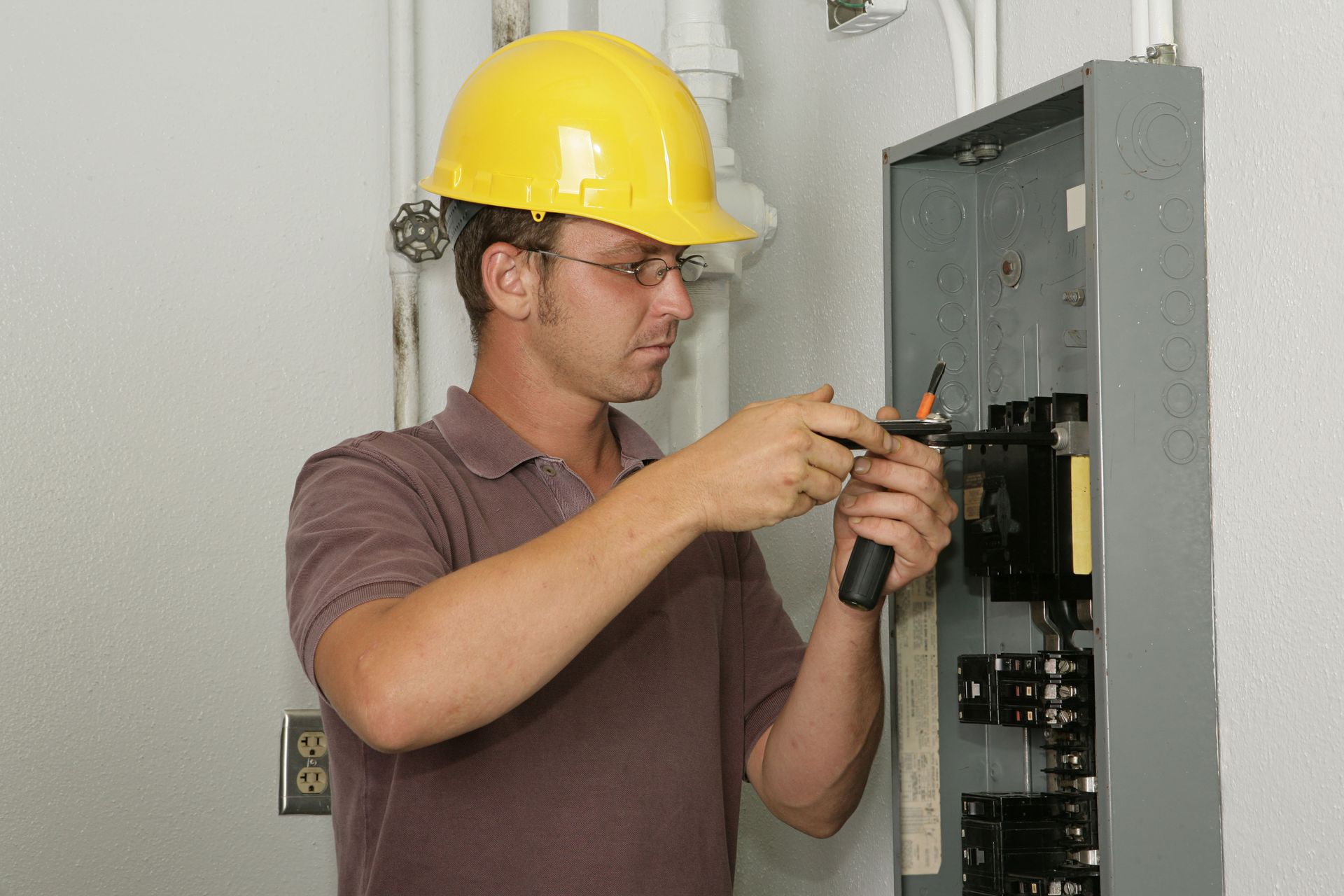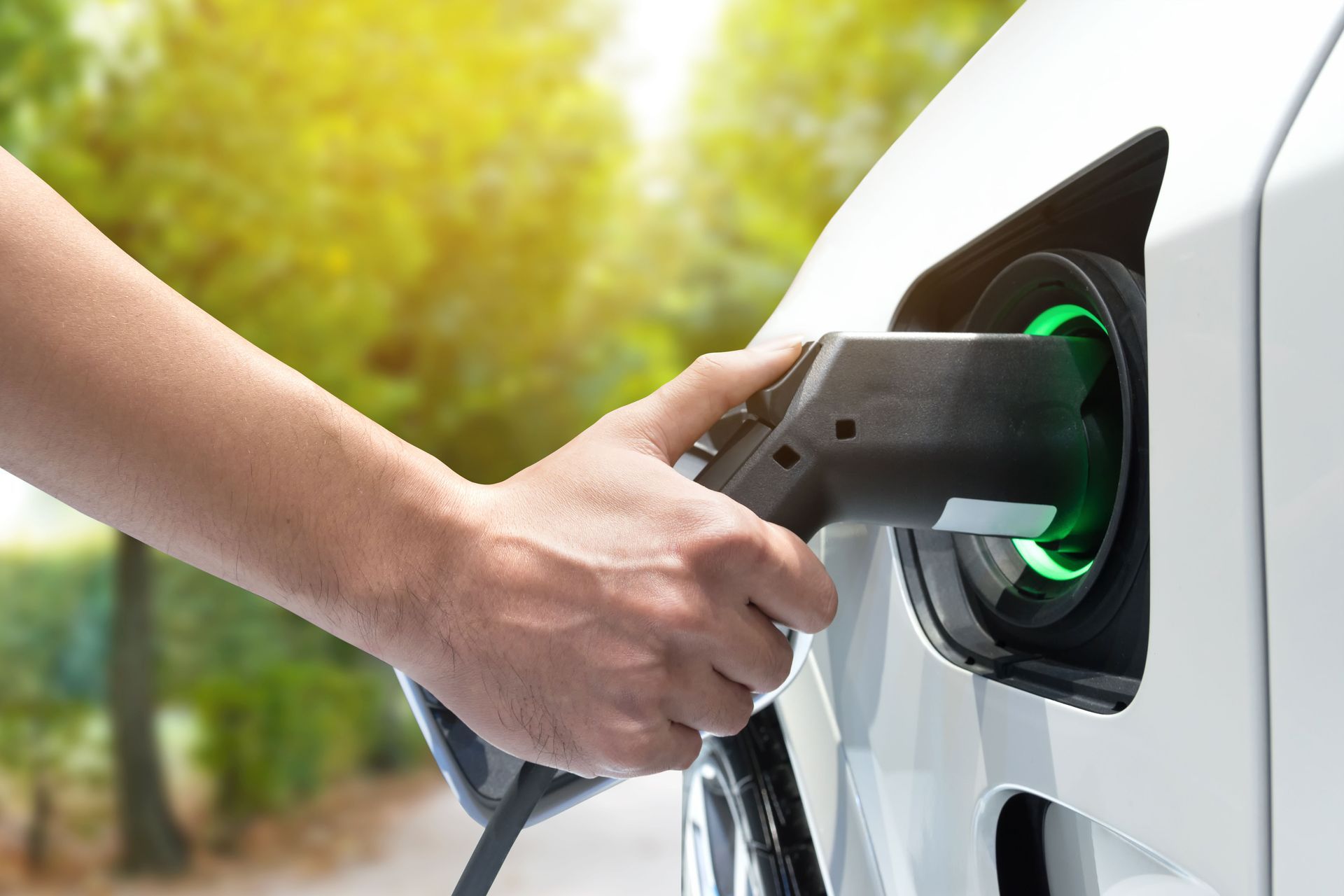Why Home EV Chargers Are Becoming a Must-Have in Modern Homes
Electric vehicle sales have surged globally, setting new benchmarks for automotive markets. Several factors underlie this trend, including increasing consumer awareness of environmental issues and advancements in battery technology. According to Finance Buzz, in 2024, Americans alone purchased more than 1.5 million electric vehicles, reflecting a significant leap in EV adoption. This growth is not limited to the U.S.; countries around the world are experiencing similar surges in EV demand. As the automotive industry continues to evolve, electric vehicles are poised to play a central role.
The rapid acceleration in EV sales highlights changes in consumer preferences and technological capabilities. A decade ago, electric vehicles were largely considered niche products, appealing mainly to early adopters and eco-conscious consumers. Today, however, EVs are increasingly seen as viable alternatives to traditional vehicles, offering competitive performance and cost benefits. The global growth in EV sales is a testament to these shifts, as more people recognize the long-term advantages of electric transportation.
Environmental Benefits Driving EV Adoption
One of the main drivers behind the adoption of electric vehicles is their potential environmental benefits. Traditional internal combustion engines contribute significantly to pollution and carbon emissions, impacting air quality and climate change. In contrast, EVs produce zero direct emissions, making them a cleaner alternative for transportation. The shift towards electric vehicles represents a key strategy in reducing our collective carbon footprints. As governments prioritize environmental policies, EVs become an essential tool in achieving sustainability targets.
Electric vehicles help mitigate environmental challenges by reducing reliance on fossil fuels. This reduction decreases carbon dioxide emissions and minimizes pollutants such as nitrogen oxides and particulate matter. As a result, cities with high EV adoption rates often experience improved air quality, contributing to healthier communities. By transitioning to electric vehicles, societies can make meaningful progress toward cleaner transportation networks. This shift aligns with broader goals to promote renewable energy and reduce global greenhouse gas emissions.
In addition to improving air quality, the widespread adoption of electric vehicles has the potential to reduce public health risks associated with pollution. Respiratory illnesses, cardiovascular conditions, and other health issues are often linked to poor air quality caused by emissions from traditional vehicles. By cutting down on pollutants, EVs indirectly lower healthcare costs and improve the overall quality of life for urban populations. Cleaner air is not just an environmental benefit—it translates directly into healthier, more sustainable communities.
The environmental advantages of EVs also tie closely to the energy transition. When paired with renewable energy sources such as solar and wind, electric vehicles become even more sustainable. Charging an EV through clean energy further reduces its carbon footprint and strengthens efforts to build a greener grid. This integration of renewable energy and EV adoption represents a critical step toward long-term climate goals, showcasing how transportation and energy innovation can work together to create lasting change.
Technological Advancements Supporting EV Growth
Technological progress has been critical to the rise of EVs. Improvements in battery design have extended range and efficiency, making EVs practical for daily use. This innovation addresses one of the most significant hurdles of early electric vehicles—limited range and long charging times. By enhancing energy storage, modern EVs can travel longer distances on a single charge, matching or even surpassing the capabilities of traditional vehicles.
In addition to battery technology, advances in design and production processes have made EVs more affordable. Manufacturers continue investing in research and development, improving performance, safety, and user experience. Growing competition has spurred faster innovation, resulting in diverse vehicle options that meet varying consumer needs. These developments have removed earlier adoption barriers and solidified EVs as a mainstream choice.
Another important factor driving affordability is the expansion of electric vehicle charger installation infrastructure. As more homes, workplaces, and public spaces are equipped with reliable charging options, the convenience and practicality of owning an EV increase substantially. This accessibility reassures buyers that their vehicles can be supported long-term, further reducing hesitation and making EVs a realistic option for a broader audience.
Government Incentives Supporting Adoption
Government incentives have played a pivotal role in accelerating EV adoption. Financial benefits like tax credits, subsidies, and rebates encourage consumers to purchase EVs and help manufacturers scale production. Governments have also invested in charging infrastructure to make EVs more accessible. By lowering the cost barrier, these programs directly support the transition to clean transportation.
Beyond financial perks, regulatory measures push automakers toward greener technologies. Emissions standards and fuel economy targets ensure continued innovation. Regions with robust incentive programs—such as parts of Europe and North America—consistently show the highest EV adoption rates. According to industry data, these policies have been instrumental in expanding both the consumer market and supporting infrastructure.
Convenience and Cost Savings of Home Charging
One of the strongest arguments for home EV chargers is the convenience they provide. Instead of relying solely on public charging stations, homeowners can plug in their vehicles overnight and start each day with a full battery. This eliminates travel time and wait times associated with public charging, streamlining the ownership experience. For families with unpredictable schedules or long commutes, home charging offers flexibility and independence.
Cost efficiency is another major benefit. Charging at home often costs less per kilowatt-hour compared to public stations, and many utility companies offer reduced off-peak rates. Strategic charging during these periods can save homeowners significant money over time. By integrating smart charging and energy management, homeowners can align charging with renewable sources like solar, further reducing costs. Over time, the savings help offset the upfront cost of electric vehicle charger installation.
Customized Charging Solutions for Every Home
Home EV chargers can be tailored to individual preferences, ensuring compatibility with unique household needs. Options include varying power levels, smart features, and connectivity with home automation systems. This customization allows homeowners to align charging schedules with energy use goals, taking full advantage of cost-saving opportunities.
Smart charging systems also future-proof homes for evolving technologies. As more advanced systems such as vehicle-to-grid connections become common, early investment in electric vehicle charger installation ensures compatibility with future upgrades. By scaling systems to household energy demands, families create sustainable setups that support long-term value.
Boosting Property Value With Eco-Friendly Features
Sustainability has become a top priority for modern homebuyers, with eco-friendly upgrades increasingly tied to higher property values. Home EV chargers are no exception, representing a feature that appeals to environmentally conscious buyers and those preparing for a future where EVs dominate the market. Properties equipped with charging stations stand out in competitive real estate markets.
According to real estate industry insights, homes with sustainable technologies such as solar panels, smart energy systems, and EV chargers often sell faster and at higher prices. Buyers see these amenities as both practical and forward-thinking. Investing in electric vehicle charger installation not only makes daily life easier but also strengthens a property’s long-term market position.
The shift toward electric vehicles is transforming both transportation and residential living. As EVs become more mainstream, the importance of reliable and convenient charging grows. Home EV chargers deliver unmatched benefits;convenience, time savings, cost efficiency, and increased property value—while supporting environmental goals. Investing in electric vehicle charger installation today ensures homeowners are prepared for a sustainable and connected future.
If you're considering upgrading your home with a dedicated EV charger, now is the time to act. Walkowiak Electric Inc specializes in professional electric vehicle charger installation, helping homeowners stay ahead of the curve. Contact our team today to learn how we can make your home EV-ready and future-proof.






Share On: